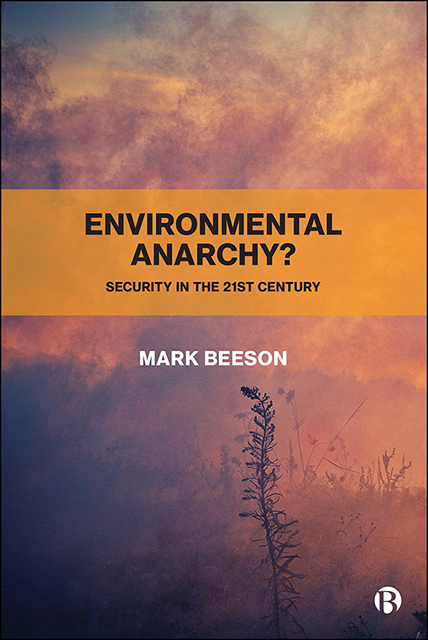Book contents
- Frontmatter
- Dedication
- Contents
- List of Abbreviations
- Acknowledgements
- Introduction
- 1 Getting Real: The Way the World Works?
- 2 Hope Springs? Peace, Progress and Pluralism
- 3 Environmental Security
- 4 The Psychological and Cultural Dimensions of Security
- 5 (Not So?) Grand Strategy
- 6 Unequal Security
- Conclusion
- Notes
- Index
2 - Hope Springs? Peace, Progress and Pluralism
Published online by Cambridge University Press: 18 April 2023
- Frontmatter
- Dedication
- Contents
- List of Abbreviations
- Acknowledgements
- Introduction
- 1 Getting Real: The Way the World Works?
- 2 Hope Springs? Peace, Progress and Pluralism
- 3 Environmental Security
- 4 The Psychological and Cultural Dimensions of Security
- 5 (Not So?) Grand Strategy
- 6 Unequal Security
- Conclusion
- Notes
- Index
Summary
The possibility that our personal preferences, biases, values, psychologies and even emotions might influence the sorts of ideas we find attractive is not entirely surprising. The key question is whether we are drawn to less plausible or even inaccurate explanations of reality as a consequence. In other words, is it possible to claim that some ways of thinking about the world actually provide explanations that are closer to the ‘truth’, however unpalatable it may be? Even to raise such a question will be regarded as decidedly old fashioned in some circles, but if we are to make any ‘progress’ – another loaded and some would say outdated idea – in making ourselves and the world we inhabit more secure, then deciding on the best ways to think about our current collective predicament would seem wise. Indeed, thinking about thinking is arguably a necessary part of this, as we shall see in Chapter 4. At this stage, however, it is useful to consider some of the other more influential and potentially enlightening theories of IR to see if they can guide us toward salvation.
Given the historical development of intellectual traditions such as liberalism, which I consider first in this chapter, we might hope that the answer to this question ought to be ‘yes’. After all, liberals generally take an essentially optimistic view of humanity's capacity for progress, problem solving and the conscious creation of a peaceful political order. At the very least, such uplifting expectations are being subjected to a rigorous examination by unforgiving empirical reality, not to mention the behaviour of a range of odious and/ or incompetent political leaders around the world. If international cooperation, rationality and inclusiveness are the keys to progress and addressing some of the world's enduring problems, many of the most powerful people in the world – and not just those engaged in formal political practices either – have plainly not got the message.
One tradition that has focused on discourse, ideas and the social construction of reality – in which powerful people play a preponderant part – is constructivism, which is the other major paradigm considered in this chapter.
- Type
- Chapter
- Information
- Environmental Anarchy?Security in the 21st Century, pp. 35 - 52Publisher: Bristol University PressPrint publication year: 2021

